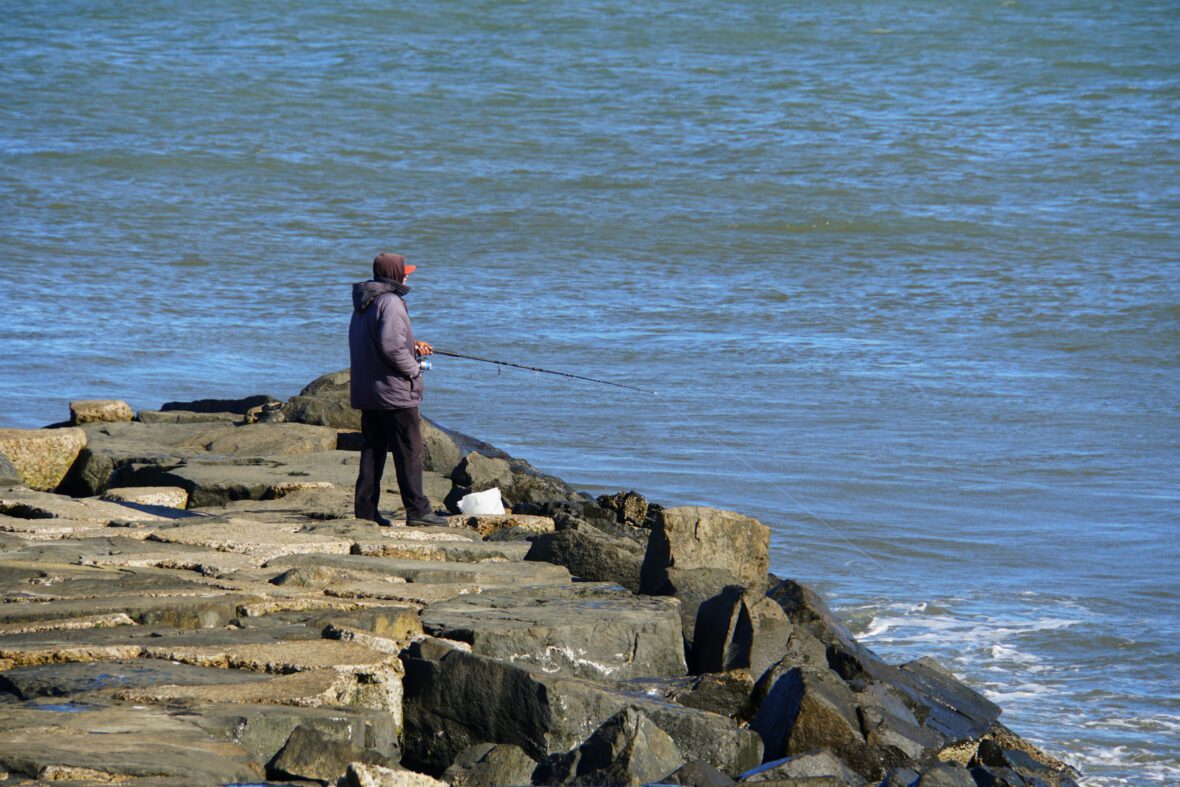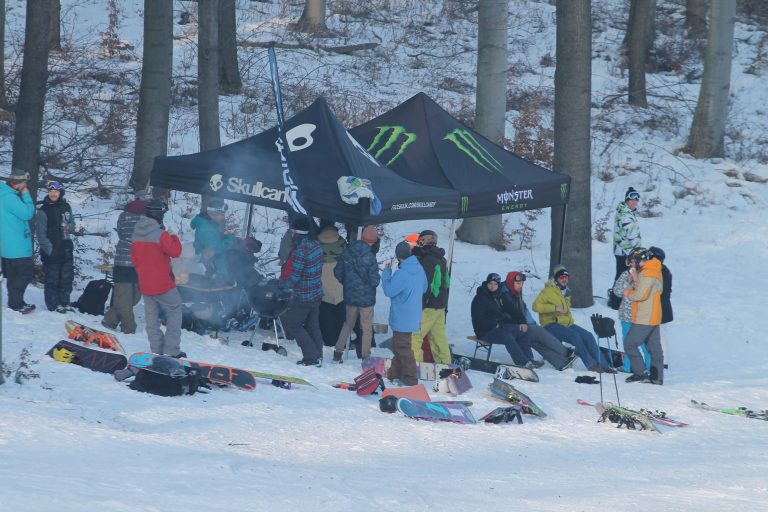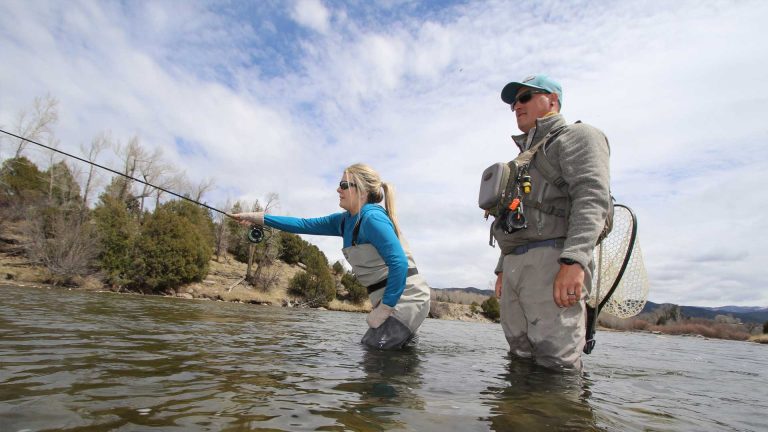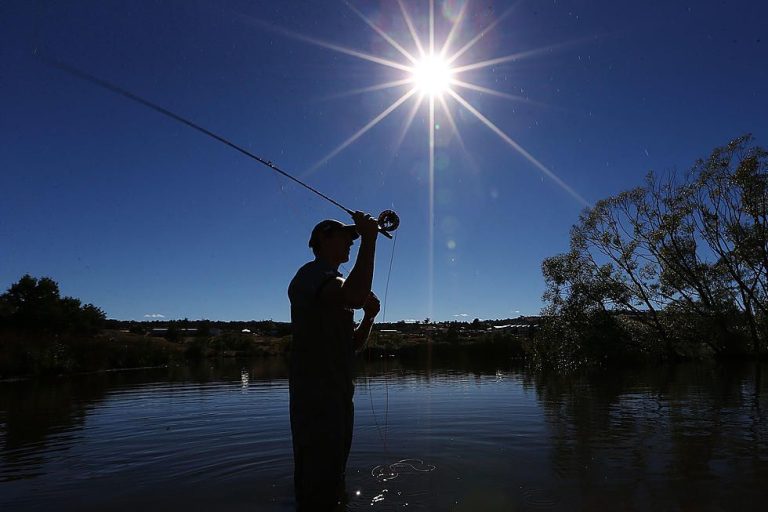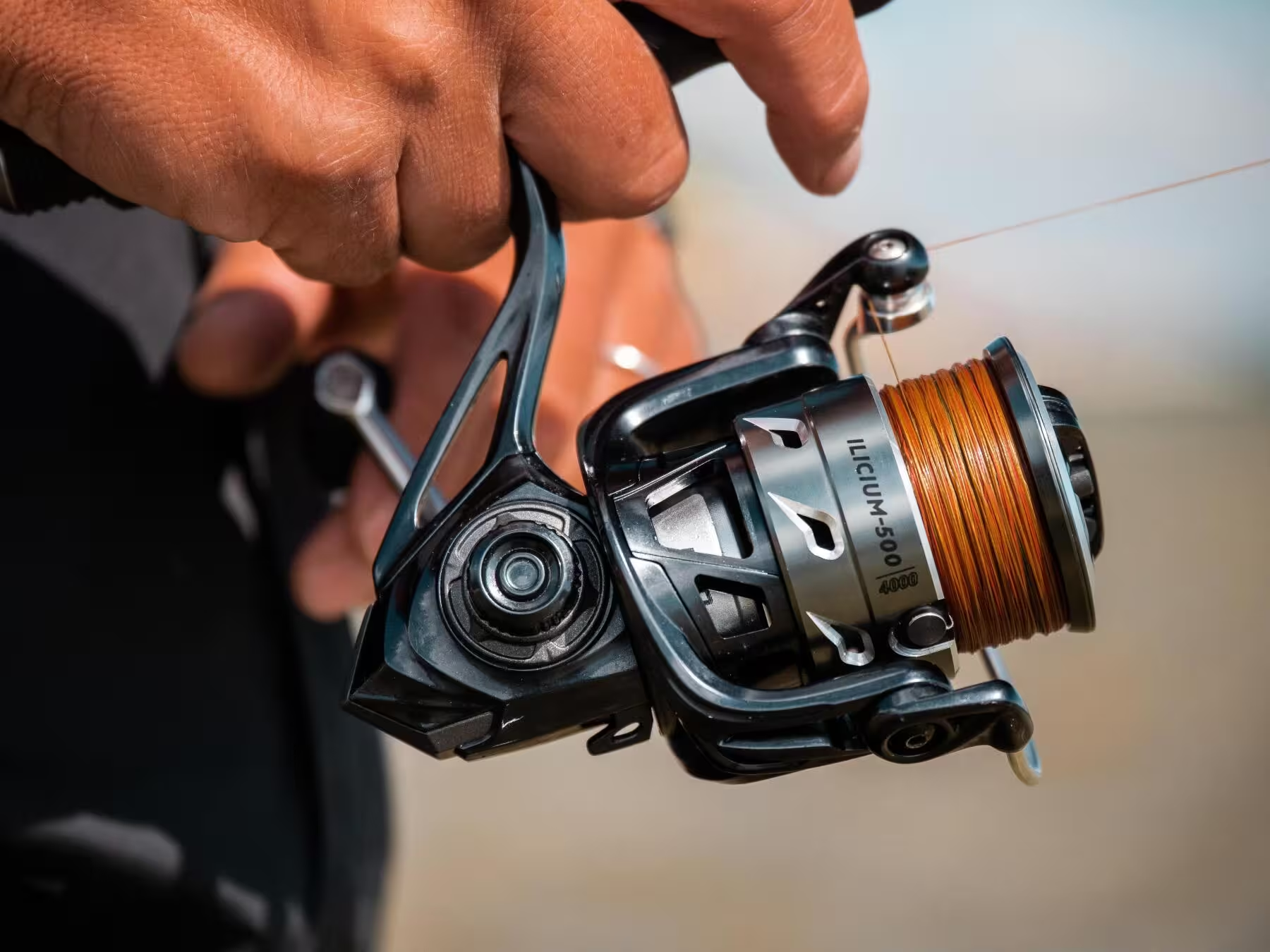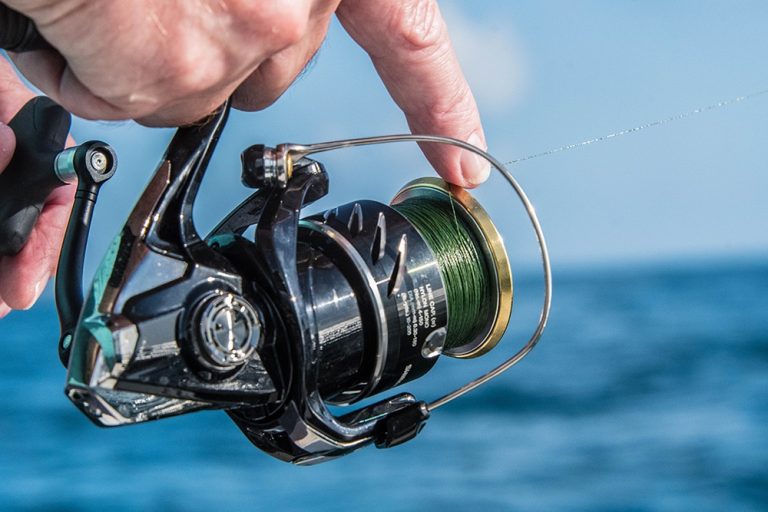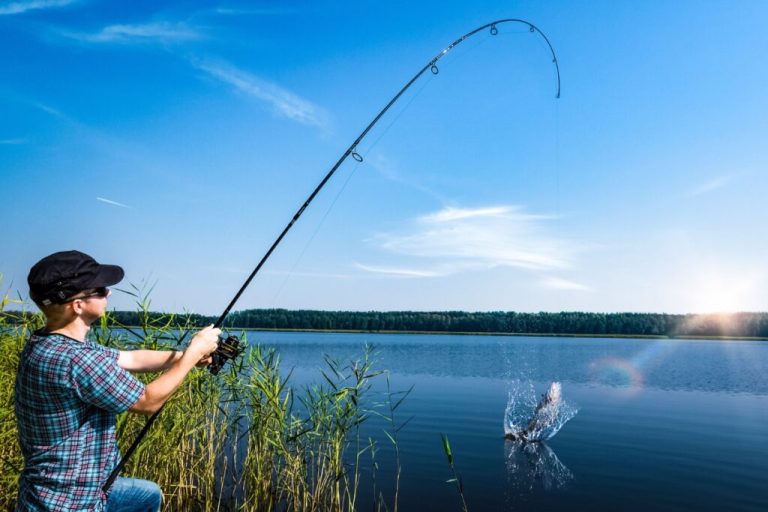Fishing is a cherished pastime in New Jersey, where the diverse waters offer a wealth of opportunities for both freshwater and saltwater fishing adventures. However, before you can cast your line in the state’s coastal waters, it is crucial to understand the regulations surrounding saltwater fishing licenses. This comprehensive guide will provide you with all the necessary information regarding the New Jersey Saltwater Recreational Registry Program (NJSRRP), registration requirements, fishing regulations, and conservation efforts, ensuring you have a successful fishing experience.
Understanding the New Jersey Saltwater Recreational Registry Program (NJSRRP)
New Jersey does not require a traditional saltwater fishing license for recreational anglers. Instead, the state has implemented the New Jersey Saltwater Recreational Registry Program (NJSRRP), which serves as a registration system for saltwater anglers aged 16 and older, as well as for-hire vessels operating in marine waters.
Purpose of the NJSRRP
The NJSRRP plays a vital role in conservation efforts by helping the state maintain accurate estimates of recreational fishing activity. These estimates contribute to the sustainable management of fish populations and their ecosystems, ensuring that future generations can continue to enjoy the bountiful fishing experiences New Jersey has to offer.
Registration Process
Registering for the NJSRRP is a straightforward process that can be completed at no cost to the angler. Starting December 15, 2023, individuals interested in saltwater fishing in New Jersey can obtain their registration through the NJFishandWildlife.com website, which houses all fishing licenses and permits.
The online system allows for both new registrations and the reprinting of existing ones. It is important to note that while the NJSRRP registration is specifically for saltwater fishing, a separate license is required for freshwater fishing in the state.
Freshwater Fishing License Requirements
A freshwater fishing license is necessary for anyone 16 years and older fishing with a handline, rod and line, or bow and arrow in New Jersey’s freshwater bodies, including privately owned lakes and other waters.
Additional Permits
A Boat Ramp Maintenance Permit may be required for launching watercraft in certain areas. The freshwater fishing license focuses on inland water bodies, while the saltwater registration is administered to help maintain the state’s marine resources. Both licensing processes ensure that all anglers contribute to the maintenance and protection of New Jersey’s aquatic environments.
Eligibility and Requirements for Saltwater Fishing
While the NJSRRP registration is free, there are specific criteria that anglers must meet to participate in saltwater fishing activities in New Jersey legally.
Who Needs to Register for the NJSRRP?
- All recreational saltwater anglers aged 16 and older, regardless of residency status.
- For-hire vessels operating in New Jersey’s marine waters, including charter boats and head boats.
It is important to note that registration is required even if you plan to release any caught fish and not keep them. The NJSRRP serves as a crucial tool for gathering data on recreational fishing activity, which informs conservation efforts and sustainable management practices.
Fishing Licenses for Specific Activities
In addition to the NJSRRP registration, New Jersey offers a variety of fishing licenses and permits catering to specific activities such as spearfishing, crabbing, and clamming. These licenses ensure that anglers comply with regulations and contribute to the responsible management of the state’s marine resources.
Licenses for Spearfishing, Crabbing, and Clamming
| Activity | License Requirement |
|---|---|
| Spearfishing | Must possess a valid New Jersey saltwater fishing registration (NJSRRP) |
| Crabbing | No separate permit required for recreational crabbing, but specific gear and harvest regulations must be followed |
| Clamming | A Shellfish License is required for harvesting clams, available for both recreational and commercial purposes |
Anglers must familiarize themselves with the specific regulations governing their intended fishing activities. Size limits, bag limits, and seasonal restrictions may apply to certain species, and these regulations are strictly enforced to protect the health of New Jersey’s marine ecosystems.
For example, species like weakfish have additional protection measures in place due to population declines, including size and bag limits. Similarly, federal regulations may also apply to species like tuna and cobia, and anglers should consult the National Oceanic and Atmospheric Administration (NOAA) for the latest information.
Conservation and Sustainability: The Driving Force
Obtaining a saltwater fishing registration or license in New Jersey is more than just a legal requirement; it’s a proactive step towards conserving the state’s marine ecosystems and ensuring the sustainability of its fisheries.
Importance of Data Collection
The licensing process is complemented by the Marine Recreational Information Program (MRIP), which collects and reports recreational fishing data used to assess fish stocks and inform sustainable management practices. By contributing to this program through their registration, anglers play a crucial role in maintaining the health of New Jersey’s coastal waters and the diverse marine life that inhabits them.
Contributing to Ocean Ecosystem Health
- Accurate data collection through the NJSRRP and MRIP helps monitor fish populations and identify potential threats or declines.
- Licensing fees and registration data support research, habitat restoration, and conservation efforts.
- Responsible angling practices, such as adhering to size and bag limits, help protect vulnerable species and promote sustainable fishing.
By participating in the licensing and registration process, anglers demonstrate their commitment to preserving New Jersey’s marine resources for generations to come.
Obtaining Your License or Registration
With an understanding of the importance of licensing and registration, it’s time to explore the various methods available for obtaining the necessary documents for your saltwater fishing adventures in New Jersey.
Online Purchasing and Registration
The most convenient option is to visit the NJFishandWildlife.com website, where you can complete the NJSRRP registration process or purchase any required licenses or permits. The online system is user-friendly and allows for both new registrations and reprinting of existing ones.
In-Person Purchasing and Registration
If you prefer a more traditional approach, you can visit one of the many licensing agents located throughout the state. These agents can assist you with the registration process, issue licenses, and provide guidance on any specific regulations or requirements.
Phone and Email Support
For any questions or assistance needed during the licensing or registration process, you can reach out to the New Jersey Division of Fish and Wildlife by phone at 908-637-4125 or via email at njfishandwildlife@dep.nj.gov.
Appendix: Glossary of Saltwater Fishing Terms
To help you navigate the terminology associated with obtaining a New Jersey saltwater fishing license or registration, here’s a comprehensive glossary:
| Term | Definition |
|---|---|
| NJSRRP | A system requiring for-hire vessels and recreational saltwater anglers aged 16 and older to register annually. |
| License | The official document required for anglers 16 years and older to fish in New Jersey’s saltwater environments legally. |
| Resident Shellfish License | Required for New Jersey residents between the ages of 14 and 61 to harvest all species of benthic mollusks, including clams, oysters, and mussels. |
| Non-Resident Shellfish License | Required for non-residents to harvest shellfish in New Jersey’s waters. |
| Marine Recreational Information Program (MRIP) | A program that collects and reports recreational fishing data used to assess fish stocks and inform sustainable management practices. |
By familiarizing yourself with these terms, you’ll be better equipped to navigate the licensing and registration process, ensuring a smooth and enjoyable saltwater fishing experience in New Jersey.
Conclusion
Obtaining a New Jersey saltwater fishing license or registration is not just a legal requirement; it’s a commitment to preserving the state’s marine ecosystems and ensuring the sustainability of its fisheries. By participating in the NJSRRP and adhering to the regulations governing specific fishing activities, anglers contribute to the responsible management of New Jersey’s coastal waters and the diverse marine life that inhabits them.
Whether you’re a seasoned angler or a newcomer to the world of saltwater fishing, understanding the licensing and registration process is crucial for a successful and responsible fishing adventure. So, before you cast your line, make sure you’ve taken the necessary steps to comply with New Jersey’s regulations and support the conservation efforts that will protect this beloved pastime for generations to come.
Remember, fishing is not just a hobby; it’s a way of life in the Garden State. By obtaining the proper licenses and registrations, you’re playing an essential role in preserving this cherished tradition for years to come.



